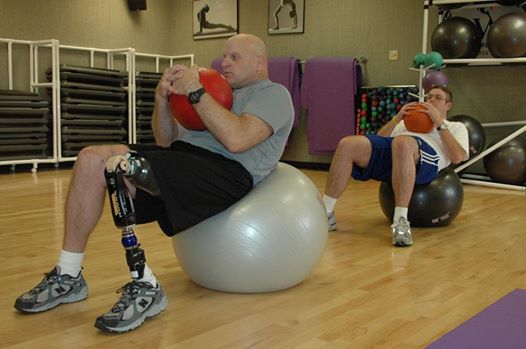A reader recently asked, “How do I advance my career? Many of my peers made significant moves in the last several years.
I was taught loyalty is everything, but it seems philosophically outdated. My company pays for once-a-year training, but we never implement it. Where should I start?”
I replied to his email and asked his career goals, how long he has been with the company, and if he has tried to implement the use of his new training, but never received a response. It is important to have a focus, and I assume he wants to continue in the same career since he mentioned his peers were moving ahead of him. I will start by saying that he is lucky the company is paying for the once-a-year training. Most companies have shifted the responsibility entirely to the employee.
Must plan and be diligent
With the shifting and advancement of technology, companies can even require the training with you footing the bill with consequences if you do not comply. Your current job may not be keeping up, but you are expected to invest in yourself to get the training. It used to be nice to work for companies that paid for your training and development, but for most companies, those days are gone. If your job doesn’t use it, they will refuse it.
Getting the right training for the right job is challenging if you don’t know how peers are advancing in their career. Knowing is a critical part of deciding the skill since you’re no longer relying on the employer to pay.
You must take the wheel!
By investing in yourself, you are solely in control of distributing where the value of your overall skills will be placed.
Employees choosing to pay to keep up their tech skills can leverage new training in two ways:
1.They can add value to their current position by finding use at their current company. It can be a pretty powerful way to create the job you want and be viewed as a leader
2.Use the new training to volunteer for organization who will put their skills to use, gain experience, and leverage it to get a new position with the present or new company
During the recession, one way I helped clients stand out was to compete in their industry contests. Contests are training-by-fire and what you learn is caught not necessarily taught.
This did several things for my clients and others who benefitted
1) You saw the cutting edge and latest trends of what others were doing
2) What you did not know you bought back to your company the possibilities of receiving training, or as a job seeker you sought how to get those skills
3) You envision your career trajectory by seeing it in action. If you solely look at your company, you only see what is in front of you. It could be discouraging how far behind your company (and you) is in technology or methodology
4) It inspires innovation
5) It builds your network and to know the innovators. The possibility of collaboration (not to mention the career connections) would be mutually beneficial
6) You may not win, but it’s a win because of what you learn about what it will take to hired by top companies
7) If you win, you understand your value clearer and if could be a powerful experience of where you stand in the industry
8) Few professional organizations will provide media opportunities. This positions the winner uniquely as a resource or expert locally
9) You add your voice to the community at-large and opens the door to future endeavors if you are recognized but didn’t win
Overall, testing what you know through certifications, contests, or competing for grants show the relevance of your skills and how you match up against competitors in your field. Not every industry offers contests staged like science fairs, but many do offer ways to compete for spots in journals, scholarships, and a few money.
About Mark Anthony Dyson
I am the "The Voice of Job Seekers!" I offer compassionate career and job search advice as I hack and re-imagine the job search process. You need to be "the prescription to an employer's job description." You must be solution-oriented and work in positions in companies where you are the remedy. Your job search must be a lifestyle, and your career must be in front of you constantly. You can no longer shed your aspirations at the change seasons. There are strengths you have that need constant use and development. Be sure you sign up to download my E-Book, "421 Modern Job Search Tips 2021!" You can find my career advice and work in media outlets such as Forbes, Inc., Fast Company, Harvard Business Review, Glassdoor, and many other outlets.



